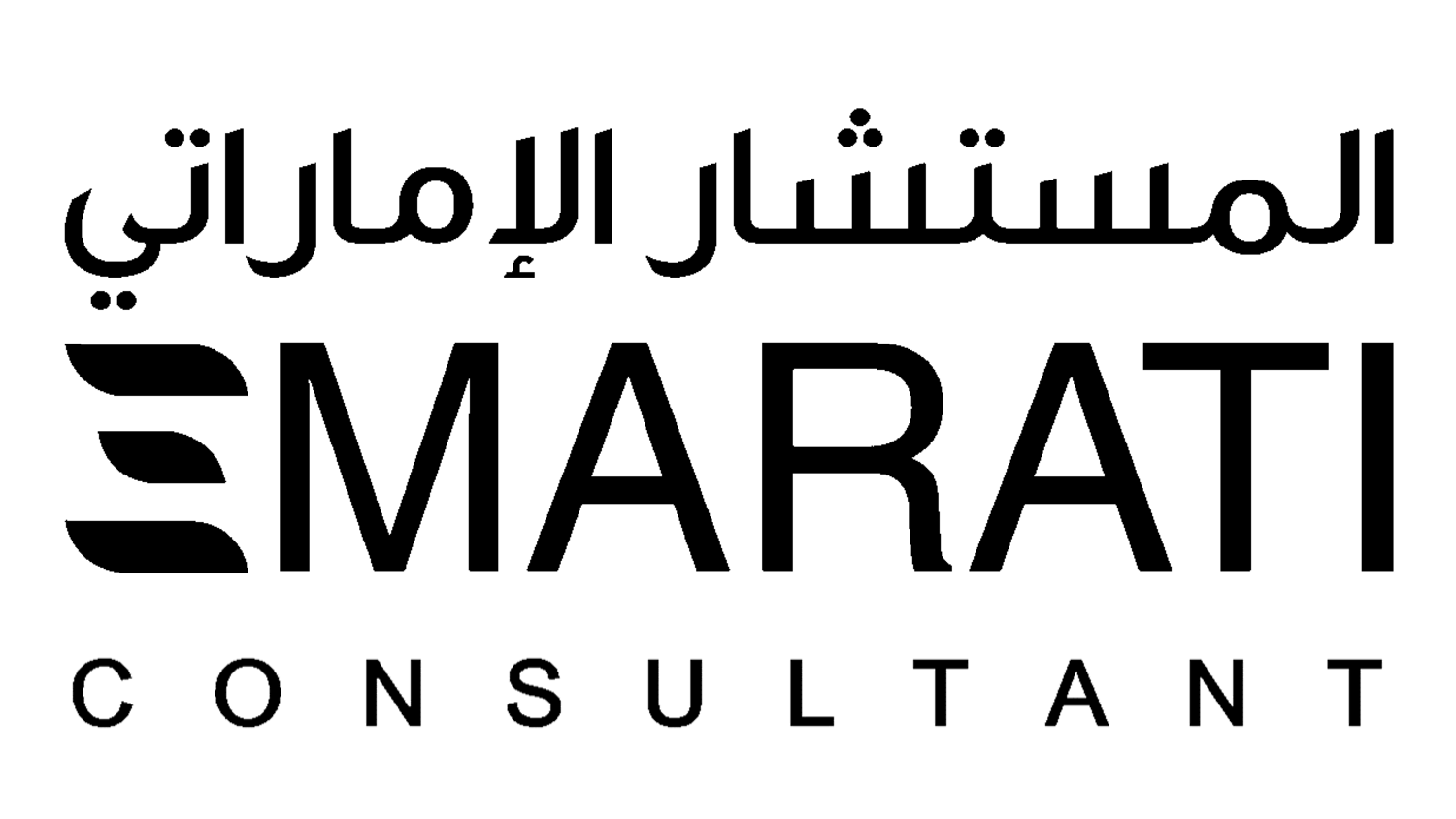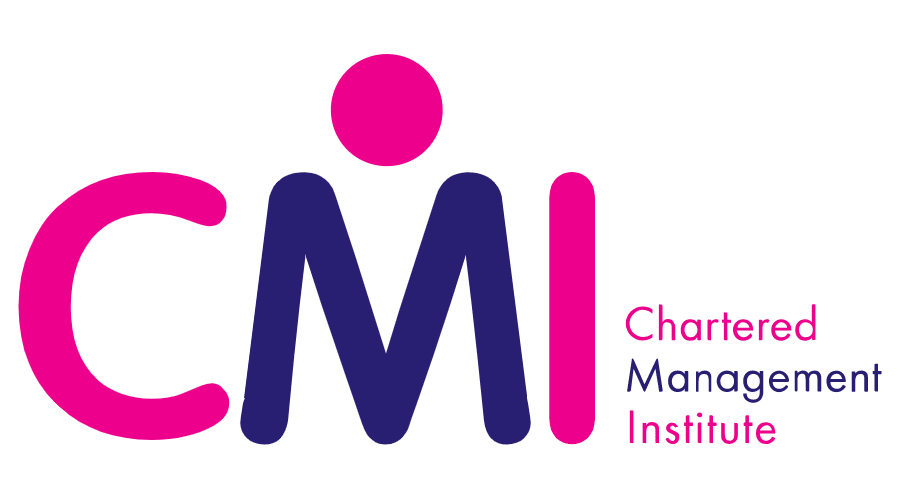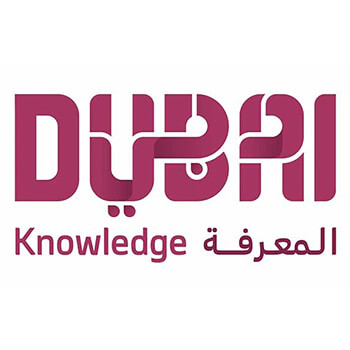Our Story
Emarati Consultant will identify clearly and evaluate the impact, the benefits and the level of success of the project. Every assignment will have objectives that must be met to close the project. We are committed to deliver up service quality standards, lean management tools, combined with the training of concern staff by our highly reputed senior partner Sheffield Hallam University.
Our senior partner will ensure that we the Emarati Consultant will take you through the productivity improvement process and together we will adopt a common Management Methodology. By the process improvement will enable you to improve direct productivity in the field, improve spans of control and reduce your manpower requirements for the future.
Our team will fit in well with your organization and will work in close coordination with your Staff.
We are different than other consultants, because we are made in UAE, because we don’t provide you with quick fixed solutions but we study along with you the process that may need to be improved. We are different than others when it comes to knowledge transfer know how. We will ensure that you will not need us anymore. We will give you the tools and the knowledge to improve yourself as a self improvement and sustaining well growth approach.
Provide them with the recommendations and along with the business package offer
- Identify the cost saving and cost reduction, operation excellence based on the EoE and PP.
- Conduct meetings, site surveys and data collections.
- Arrange workshops and seminars
- Carry on modeling and analysis
- Conduct training abroad/overseas if required
- Produce action plan and implementation
- Supervise the implementation and correct the errors
- Review the outcome and submit final presentation and report and close the project

We've Consulted For Over 200 Companies in UAE
JOIN NOWList of all the consultancy services run by the institute.
What we can offer to your company:
- Assessing and reducing your energy consumption
- Designing renewable systems
- Guiding new building design
- Retrofitting existing buildings
- Improving wellness and motivation of your staff
Evaluation of Excellence (EOE) is a free of charge package for the customer to determine their existing Practice performance (PP) and distinguish the common sense from the common practice.
The gap will be identified though the gap analysis technique. We will be able to collect and obtain basic information required to make an offer for the customer to meet any identified and agreed customer targets.
Field of Business
The field of business under the Economy and excellence is so wide and can be listed but not limited to the following:
- Industrial
- Education
- Health Sector
- Airports
- Ministries
- Municipalities
- Utilities
- Police
- Civil Defense
- Army and others
Efforts
To save the efforts:
- Cost effective efforts to deal with all at once with minor changes
- Common inputs will provide predictable and expected common outcomes
- Quick fix and control of the market business in that area
- Innovative and creative approach will be released at once to protect our right or patent
OTHER SERVICES
Manpower Audit is also called Staff Inspection, Manpower Budgeting etc. It is a methodology to assist management to ensure that its organisations are undertaking to correct work and are organised and staffed correctly.
This is an important role as in most organisations in both the public and private sectors; the costs of staff are usually the highest proportion of their budgets.
Empirical evidence suggests that most large organisations are over staffed. MA usually identifies 10 % plus overstaffing when first used and then on subsequent audits, another 5% can be saved.
It is however VITAL that before any MA programme is introduced, that the organisation concerned has in place fair and humane policies to deal with any staff who may be found to be surplus to requirements. These can include, transfer, retraining, offers of early retirement packages on a voluntary basis.
It is very difficult to introduce an MA policy without these; it is strongly recommended that COMPULSORY retirement should NOT be adopted.
Manpower Audit consists of four major aspects:
Need (N);
Organisation (O);
Numbers (N);
Grading (G).
This is sometimes referred to as NONG. These are:
A. Need. This looks critically at the work being done by staff members. Why is undertaken, what is the basis for it, and is it still required.
B. Organisation. Here the levels of management and the spans of control (that is the number of staff reporting to a manager or supervisor) are examined. The aim is to reduce the number of levels, creating a ‘flatter’ organisation and to increase the spans of control. This greatly aids organisational efficiency.
C. Numbers. This is a form of work measurement to ensure that the right number of staff is being used. Numbers and time taken for cases handled, consideration of work loads, backlogs etc. are inspected.
D. Grading. The rank or grade levels of the posts concerned are examined to make sure the correct grade is being used. This needs a form of Job Evaluation to be used. The main ones are the Classification method (CM) (with extensive written grading guidance) or a Points Factor Rating (PFR) system (this scores the main factors involved and they are given a weighting, then the total score is used to fix the grade level. In many areas, staffs are at the wrong grade level as ‘grade drift’ has occurred.
The usual steps in creating a MA system and operating it are:
- Decide on the MA policy and management aspects. That is whether the MA is to be mandatory for all areas or on request from line managers. MA is usually managed from a central part of the organisation – often in the HR area –and is responsible to the head of the organisation – CEO or Director General etc.
- Decide on the levels/grades of staff to be audited and the relative rank level of the Manpower Auditor to those being audited. E.g. the Auditor can only audit officers of up to two grades above them?
- Decide on the HR policy relating to any staff found to be surplus.
- Decide on the Job Evaluation methodology to be adopted.
- Select and Train the Manpower Auditor staff; produce documentation including an MA manual and a Job Description and Evaluation Form
- Brief all the staff about MA and the HR policies
- Select the areas to be audited and inform line managers
- Hold a pilot trial to test the procedures and staff. Evaluate the pilot trials and amend as necessary.
- Roll out the MA programme
- Constantly revisit and revise the procedures and programme in the light of experience gained from each audit.
The Manpower Auditors are normally high quality staff with about 5 or more years experience. They should have a good education, at least to degree level with a strong personality –being able to take difficult decisions and to be able to defend their recommendations. Other qualities required are: being a good team player, good at report writing and making presentations.
Training
These MAs need to be properly trained. This should include
a. General Management and Organisational Theory
b. Consultancy and Interviewing skills
c. Project Management
d. Job Evaluation
e. Work measurement
f. Report writing for MAs.
We are providing suitable training. This training usually takes 5-10 days and involves case studies, role playing and syndicate work.



